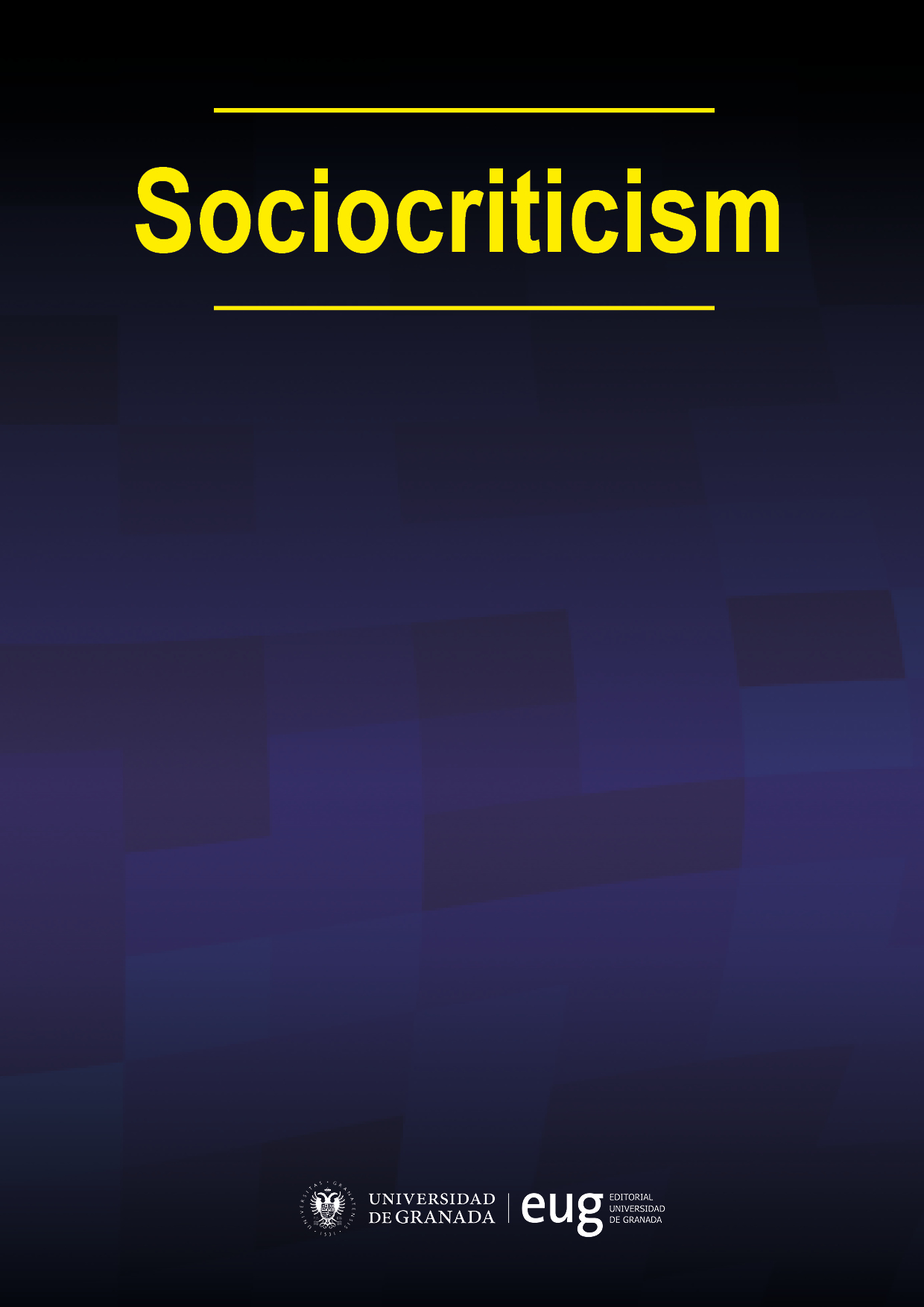La construcción de la (anti)utopía a través del género y el espacio nacional: Llorenç Villalonga, M. Aurèlia Capmany y M. Antònia Oliver
Keywords:
Catalan literature, gender studies, utopia, dystopia, catalanism, totalitarianismAbstract
In this article it will be analyzed the ideological articulation of gender and national aspects in three catalan novels written during last Franco’s years and transition to democracy: M. a. capmany’s Quim/Quima (1971), ll. Villalonga’s Andrea Víctrix (1974), and M. a. oliver’s el vaixell d’iràs i no Tornaràs (1976). capmany uses Woolf ’s transhistorical motif of orlando in order to recreate the facts that happened in catalan lands with a hopeful thinking on future social, national and gender matters. oliver reflects about liberty and totalitarianism basing on an ideological and stylistic working out, in which sexuality and May 1968 protests utopia are protagonists. on the other hand, Villalonga presents a world where ethical and gender duality’s paradigm has undergone a radical turn, that is to say, a dystopia that shows coexisting failed sexuality with political and moral decadence.












